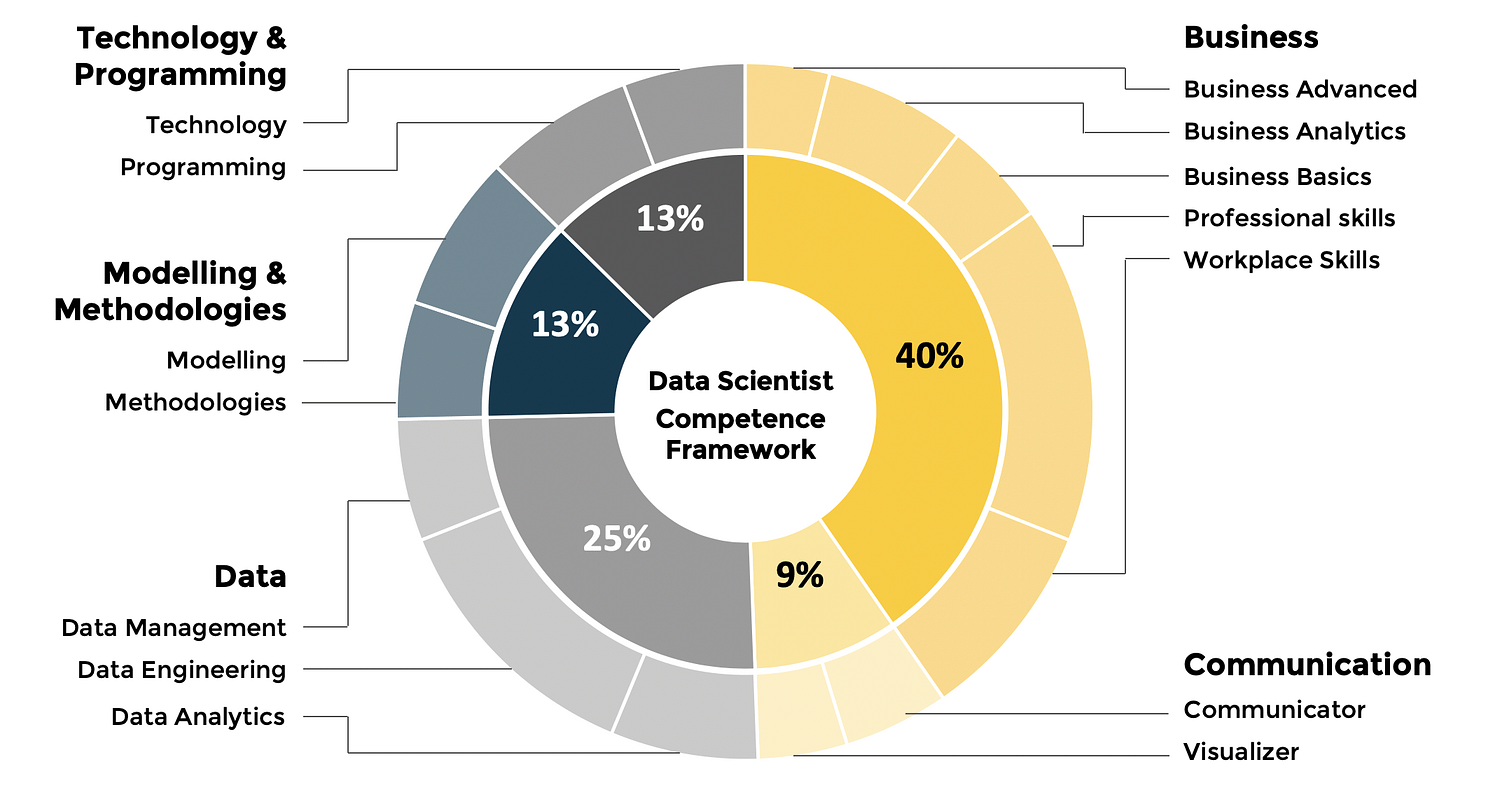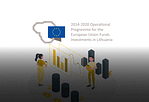It’s time for consultants to start practising what they preach. Analyzing the LinkedIn profiles of more than 350 consulting firms, 12% mention data science and AI in some way. But only 1% of the consultant population is actually a data scientist.
Why the disparity?
While the number of data scientists is increasing rapidly, one thing is clear: data science and AI are talked about far more than they are practised.
Then, there’s the division of data science into different subfields. We’re seeing data scientists segmented into machine learning experts, traditional statisticians, data engineers, BI experts, and even “data storytellers”, to name a few titles I’ve seen when analyzing LinkedIn.
For the consulting industry, the need for data science experts is prevalent. Consultants are often involved in digital change initiatives, where enterprises want to transform themselves into “data-driven” enterprises. To achieve this, consultants need a firm foundation in today’s data science techniques and technologies.
To get ahead of the competition, the time to act is now. But there’s a problem. Many consultancies – particularly mid-sized businesses – do not have the in-house data science capabilities to pull this off. In fact, most don’t even have enough in-house IT capabilities (do our free Data Science maturity scan).
Yet, clients now expect more from consulting firms than ever before, demanding strategic directions and advice based on data. And they don’t just want your ideas. Clients also want consultants to implement these data-driven initiatives.
This lack of data science capability is a massive challenge for today’s consultants. Or, looking at it another way, it’s also a massive opportunity for those businesses and individuals who capitalize on this inherent demand for data science.
But only 12% of businesses claim to have any data science experience – and only 1% of consultants actually have the acumen to work with data in the right way.
What needs to happen?
It’s time for consultants to upskill and get to grips with AI and data science. This should be a natural step for most consultants, who apply analytical thinking in their day-to-day work. Most consultants gather data, perform analyses, pivot data in Excel, model problems, simulate, interpret results, extrapolate and optimize information, for example.
Working with data is in your DNA – you just need to work out how to unlock your potential.
How? Well, you ‘just’ need to upgrade your thinking to larger and more complex sets of data, understanding how to structure and work with complex data, models and technologies. Every consultant does not need to reskill and become a programmer in R or Python per se. But you do need to get to grips with your data.
In the future, consultants will work as interpreters (or translators), bridging the gap between the business challenges and technologies available. To achieve this, every consultant requires a basic understanding of AI and data science.
Here, I present an overview of the competencies that could help consultants address these challenges. It highlights how a good data scientist is not judged on the basis of their R or Python skills alone. Yes, it’s important to have these skills, but they represent just one of the many areas of knowledge now required by today’s data scientists.
For consultants, this competency overview helps you to understand what skills are required to run a successful data science initiative.

As you can see, data science is a complex field – but there’s space for every consultant to find their area of expertise. If you’d like to find out more, drop me a line at m.haagoort@intellerts.com.
Martin Haagoort
MD Intellerts












